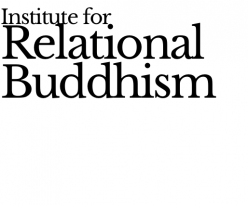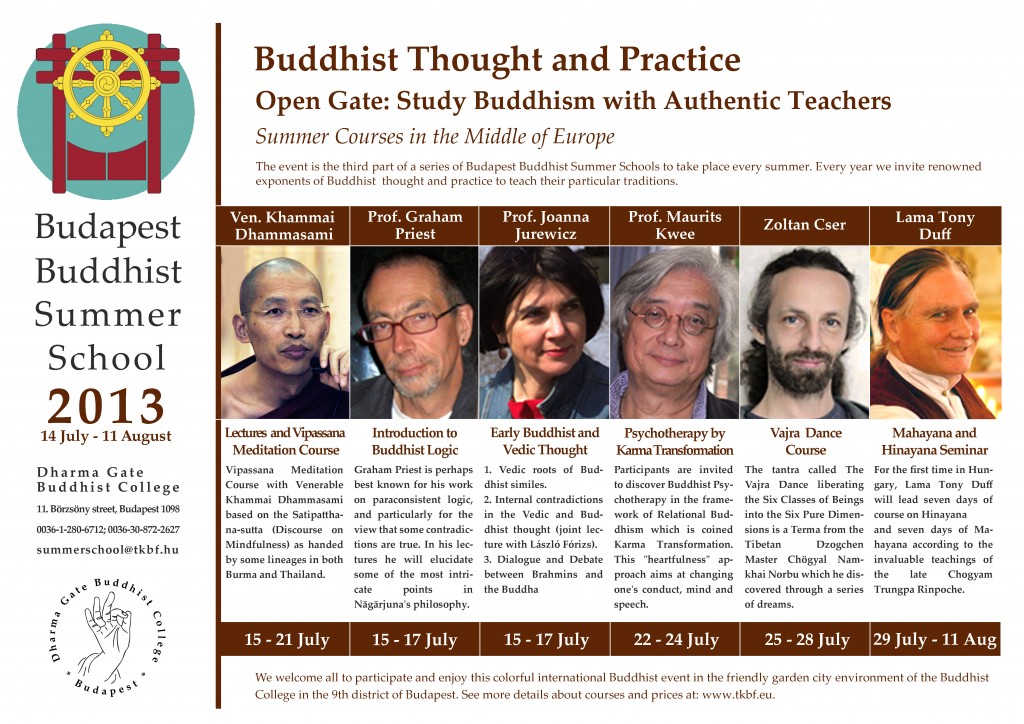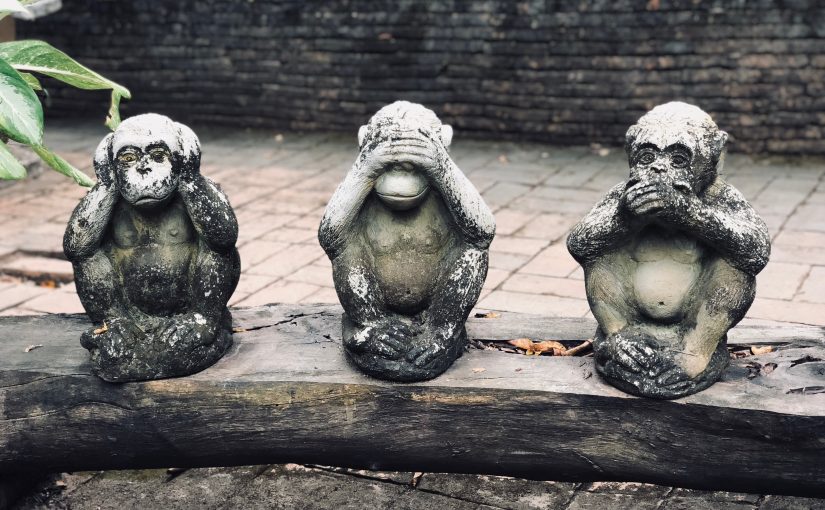
Dear Dr. Kwee
I am pleased to inform you that the Psychology Progress team has identified your recent publication, Relational Buddhism: Wedding K.J. Gergen’s Relational Being and Buddhism to Create Harmony In-Between-Selves as being of special interest to the progress in the Psychology field. We would like to list your publication on our next edition of the Psychology Progress series.
Psychology Progress alerts the scientific community to breaking journal articles considered to represent the best in Psychology research. For today’s edition, click here. Psychology Progress is viewed almost 40,000 times each month and has an audience of academic and clinical personnel from a growing number of the top 20 major academic institutions… … …
http://psychologyprogress.com/relational-buddhism-wedding-k-j-gergens-relational-being-and-buddhism-to-create-harmony-in-between-selves/
http://link.springer.com/article/10.1007%2Fs12646-011-0124-8?LI=true





 chapters by 121 contributors, it includes two chapters on Buddhist views. One is authored by the illustrious Venerable Matthieu Ricard and the other one (chapter 28) “Relational Buddhism: An integrative psychology of happiness amidst existential suffering” is written by lucky me.
chapters by 121 contributors, it includes two chapters on Buddhist views. One is authored by the illustrious Venerable Matthieu Ricard and the other one (chapter 28) “Relational Buddhism: An integrative psychology of happiness amidst existential suffering” is written by lucky me.

